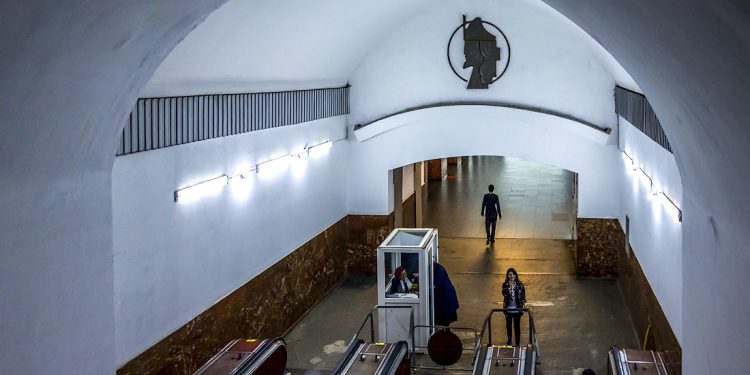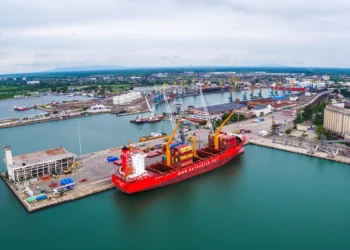Tbilisi Mayor Kakha Kaladze noted this week that, “with funding from the Asian Development Bank (ADB), within the framework of the investment program for the sustainable development of cities, the project ‘Increasing the accessibility to Tbilisi metro stations and improving the external infrastructure’ is underway, the estimated cost of which is $16 million. The project includes increasing accessibility to four metro stations of Tbilisi (Akhmeteli Theater, Didube, Delisi, Technical University); arrangement of additional exits in the territory of metro stations Akhmeteli Theater and Marjanishvili; and improvement of above-ground infrastructure for 12 metro stations: Ghrmaghele, Nadzaladevi, Station Square, Marjanishvili, Rustaveli, Freedom Square, 300 Aragveli, Isani, Technical University, Delisi, Didube and Akhmeteli Theater. At the same time, there will be mechanization-equipment refitting at selected stations for disabled people.”
Asian Development Bank representative Ramola Naik Singru discussed the program for the sustainable development of cities with us.
“ADB has strong due diligence requirements and ensures quality control for all its projects,” she tells us. “The Metro Accessibility Project pre-feasibility study was prepared by the Cities Development Initiative for Asia in consultation with ADB, with stakeholder consultations and coordination with other donor partners. Further feasibility studies will be prepared under the Project Readiness Financing for Livable Cities Investment Program before it is financed under LCIP.”
While discussing The Metro Accessibility Project, she also mentions that, “The project has strong inclusive design aspects. An accessibility expert is on board to work with the Tbilisi Development Fund to review all designs of subprojects under the LCIP.” She adds that “ADB published the Inclusive Cities: Urban Area Guidelines https://www.adb.org/publications/inclusive-cities-urban-area-guidelines, that are applied to all projects to ensure the built environment is adapted for persons with disabilities, older persons, and women and children. The ADB component of the project will ensure improved accessibility across the network.”
Ramola Naik Singru was kind enough to make a short assessment of 2022 for us.
“In general, the project had a positive kick off in 2022, and we are looking forward to continuing collaboration with our counterparts for successful implementation of the project,” she said.














